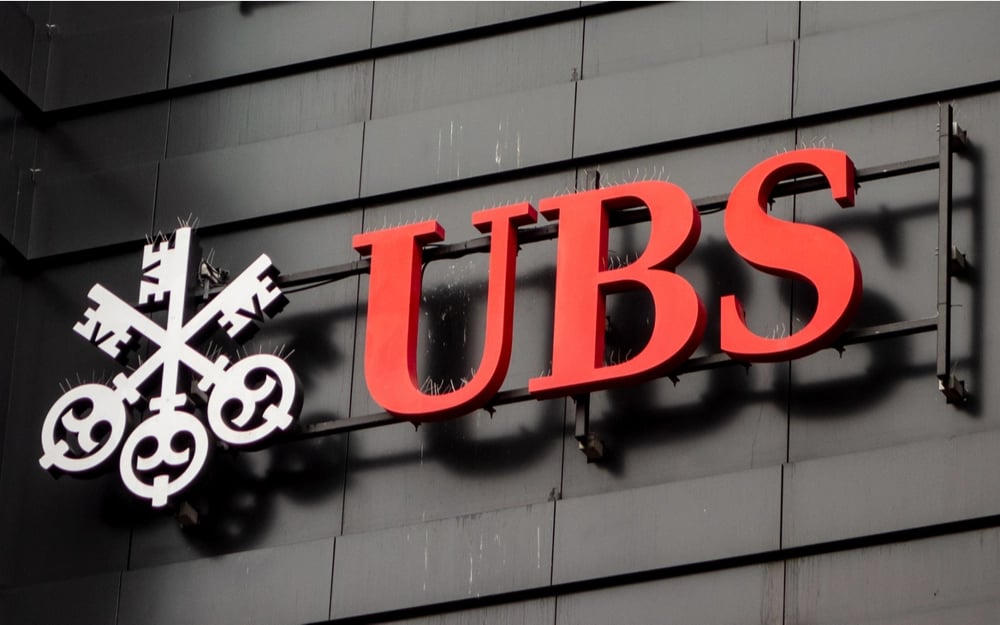UBS Maintains Bearish Stance on Lithium Sector Amid Prolonged Market Surplus
UBS $UBS has reiterated its negative outlook for the lithium mining industry, warning that the current oversupply and weak spot price, now below $600 per tonne, are likely to persist. Despite recent cost optimizations and industry consolidation, the investment bank sees little near-term relief for producers, citing muted market signals and structural rigidity within the supply chain.
Persistent Imbalance Weighs on Market Recovery
UBS analysts argue that the structural oversupply continues to dampen any potential recovery in lithium prices. Joint venture agreements, vertically integrated partnerships, and solid corporate balance sheets have collectively insulated many producers from short-term price pressures. However, these same dynamics have delayed the necessary supply-side correction, keeping prices depressed longer than typical commodity cycles would suggest. The report underscores that without substantial production cuts, lithium prices are unlikely to rebound, even as demand from electric vehicle (EV) and energy storage sectors remains strong. This points to a decoupling between end-user demand and upstream market dynamics, exacerbated by excessive inventory levels and new capacity coming online.

UBS Ratings: A Divergent Sectoral Landscape
UBS maintained or adjusted the following stock ratings based on expected margin compression, operational resilience, and exposure to downstream pricing:
IGO Ltd. $IGO.AX – Sell, target: A$3.60.
Liontown Resources $LTR.AX – Sell, target: A$0.50.
Pilbara Minerals $PLS.AX – Sell, target: A$1.10.
Mineral Resources $MIN.AX – Neutral, target: A$25.70.
Patriot Battery Metals $PMT.AX – Buy, targets: A$0.33 and C$2.90.
These ratings reflect a mixed view of the sector, with UBS favoring Patriot Battery Metals for its long-term upside potential and penalizing legacy producers heavily exposed to spot price volatility.
Industry Inertia Delays Supply Response
Joint venture rigidity: Complex partnerships hinder flexible output reductions.
Balance sheet strength: Producers with ample liquidity resist shutting down unprofitable units.
Delayed capital discipline: Recent investments in new mines and expansion projects continue despite declining returns.
Muted price signals: Benchmark prices fail to trigger swift adjustments in production strategy.
Inventory glut: Elevated stockpiles weigh heavily on contract renegotiations and new offtake deals.

Outlook: Prolonged Softness Until Cuts Materialize
UBS does not anticipate meaningful price recovery until a material curtailment in global supply is observed. The bank notes that the normal boom-bust commodity cycle has been disrupted by structural and financial inertia in the lithium supply chain. With Chinese converters and global OEMs reducing procurement activity in response to pricing volatility, miners face increasing pressure to either scale back or risk margin erosion. While longer-term fundamentals tied to EV adoption remain intact, the short-to-medium term is expected to remain challenging for upstream lithium players—especially those lacking downstream integration or low-cost production models.















Comments
It’s concerning to see such persistent challenges in the lithium market; the future may be tougher than anticipated.
The ongoing challenges in the lithium market highlight the need for innovative solutions to navigate this oversupply crisis.